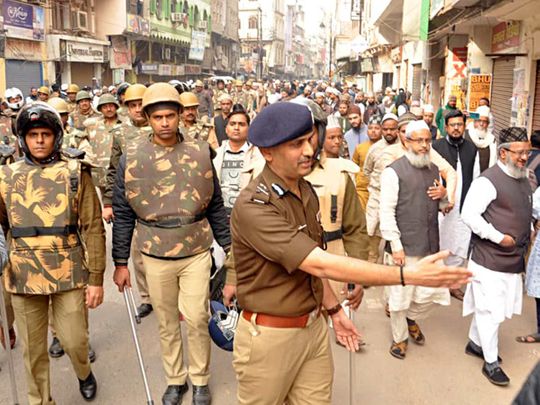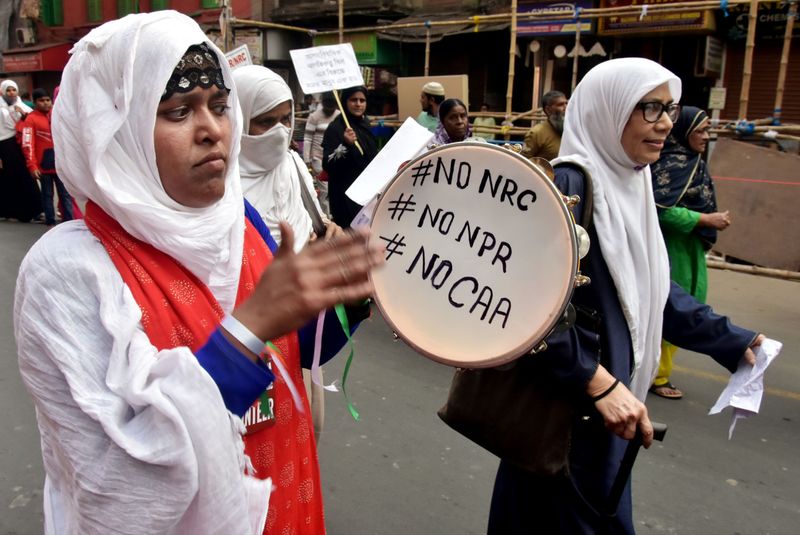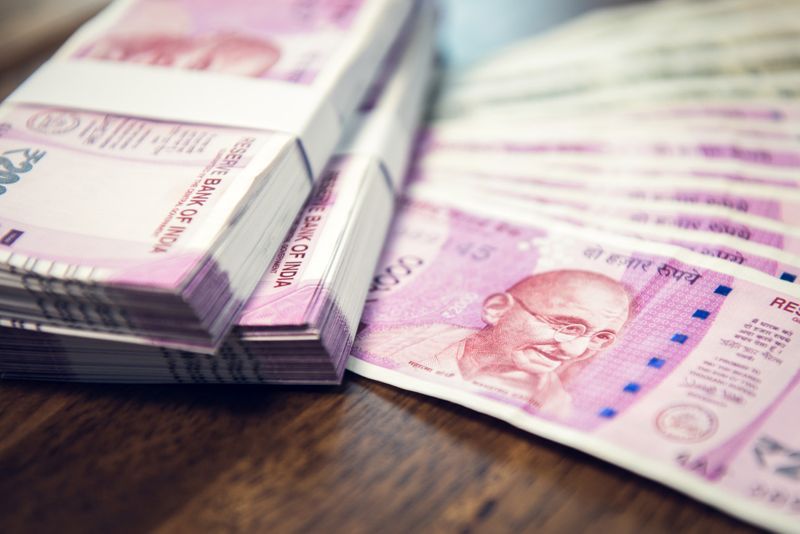
We the people of India, need to take a stand
By Qashish Dhiraj Mehta
I was in Delhi, India, not so long ago. While talking to a friend about the pathetic state of affairs in our country, I realised my country has changed. She told me in hushed tones that I mustn’t make comments about the deplorable conditions, its better if they’re left alone and swiftly changed the topic or at least tried to.
On my trip to India I could sense the discomfort in the air, one that everyone felt but no one dared talk about. India is the largest democracy in the world where everyone has the right to free speech and the right to voice our opinions, but here I was asked to keep quiet over my aversion to demonetisation.
I’ve been a journalist, and it’s in us to call it as it is. I came back to Dubai with a heavy heart and many unsaid emotions. But some things churn in you in a manner that makes you fearless, and want to go head on, even if that means standing up to those in power.
What happened on Sunday, January 5, at the Jawaharlal Nehru University (JNU) campus in India is lawless and shameful. A group of masked men armed with iron rods rampaged the JNU premises attacking students and teachers alike. The violence resulted in hospitalisation of over 30 people. The comfortable entry of outsiders on the campus raises questions on the campus security and administration, and the alleged inaction of the alleged inaction of the Delhi Police.
This has led to an uproar in the country and beyond. From Pondicherry University to Oxford University in London students have protested against the violence that took place at the JNU campus, and it was a trending topic online.
One of the student protestors said: “Today it is them, tomorrow it can be us. Violence in any form is condemnable. We stand by our friends in JNU.”
Exactly who was behind the attack, and why it was carried out, is still unclear. The university blamed the attack on a “group of students” opposing an ongoing admission process to register new students and protesting against the fee hike.
No matter what the reason, violence on campus premises should be intolerable. At a time like this where students not only from JNU but across the country fear for their lives, shouldn’t the government take the strictest possible action against the culprits?
Since when did university campuses become safe havens for the politics of hate and violence? Do we as Indian citizens of our country not have the right to ask questions or disagree with the government on policies? It’s time people in India got out of our cosy armchairs and did something.
- The reader is a writer based in Dubai.

The India crisis: The Citizenship Amendment Bill
By Chaya Mathew
The new year has begun with unceasing crucial issues, geopolitical turbulence, global warming and climate change emergencies, refugee crisis, economic instability, and we are trapped in the midst of a complex cauldron of tensions and highly unpredictable times. The current catastrophic unrest feels like the glitches are escalating to a greater level each day rather than descending to arrive at amiable resolutions.
Needless to say, when the world is facing such turmoil, the status quo demands an enlightened leadership, a realistic and progressive mindset, and collaborations towards growth and acceptance of diversity. On the contrary, time and again, we witness ill-disposed policies and amendments that aren’t progressive. What do we do when we encounter such scenarios?
The Indian government passed the Citizenship Amendment bill to help prosecuted minorities from the neighbouring countries - Pakistan, Bangladesh and Afghanistan. This bill is clearly not inclusive in nature. Millions have rallied against the Citizenship Amendment Act (CAA); protests have been held across India and unfortunately, many have lost their lives, too. There has been a lot of heated discussion on social media platforms, messages and viral videos have been exchanged, and the information has left most of us confused.
Well, personally I think it is a good call to extend a helping hand to those who are in need, however it should have been done being oblivious to one’s beliefs, colour or creed. In an ideal world this change should’ve been marked by humanistic values and devotion to human welfare.
Activists, protesters, and other demonstrators must demand rightful changes, however they also must crush their own prejudices and stereotypes. Violence is real and must be objected to. The perpetrators must be brought to justice.
Furthermore, how can one govern or manage a country as big as India if they are unaware who their people are and what they need? A nation will progress better if there’s accountability. Identified immigrated people should be given a proper channel to embark on the naturalisation process regardless of their customs or beliefs.
People are frustrated and angry, uncertain and daunted, but every day is an opportunity to make things better through peaceful protests and dialogue. This is not a hidden secret, everyone agrees and identifies that violence, conflicts cause the downfall of a nation and its solidarity.
- The reader is a resident of Dubai.
What has happened to India’s economy?

Where is India heading to?
By Zamir Awan
According to the International Monetary Fund (IMF), India’s economic growth slowed to a six-year low in the first half of 2019.
But a drastic setback occurred during the second half of last year. Since the nationalist organisation, Rashtriya Swayamsevak Sangh (RSS) established themselves in the April 2019 elections, that is when the downfall started.
The abrogation of Article 370 and 35A, and the imposition of a curfew in Kashmir, conveyed a negative message to the rest of the world that India is not a safe country and this threatened tourism.
Although, parts of India had a curfew and an internet ban, news managed to make it to the papers. Furthermore, the controversial Citizenship Amendment Act has divided India into many groups, with each taking a different side.
There were peaceful protests around the country, but the extremist political groups used force and deployed troops to suppress the public sentiments. Excessive use of force turned counter-productive.
It put daily routine life and economic activities out of gear. The deteriorating law and order situation has damaged the business and investment environment and harmed the Indian economy.
International financial institutions are worried about the future of the Indian economy.
The current hardline stand on political issues by the government has pushed India towards a severe crisis. Sooner or later the facts will speak and the truth will be revealed to the whole world. An economic collapse will mark India’s failure on the diplomatic and political front.
- The reader is a senior academic.












